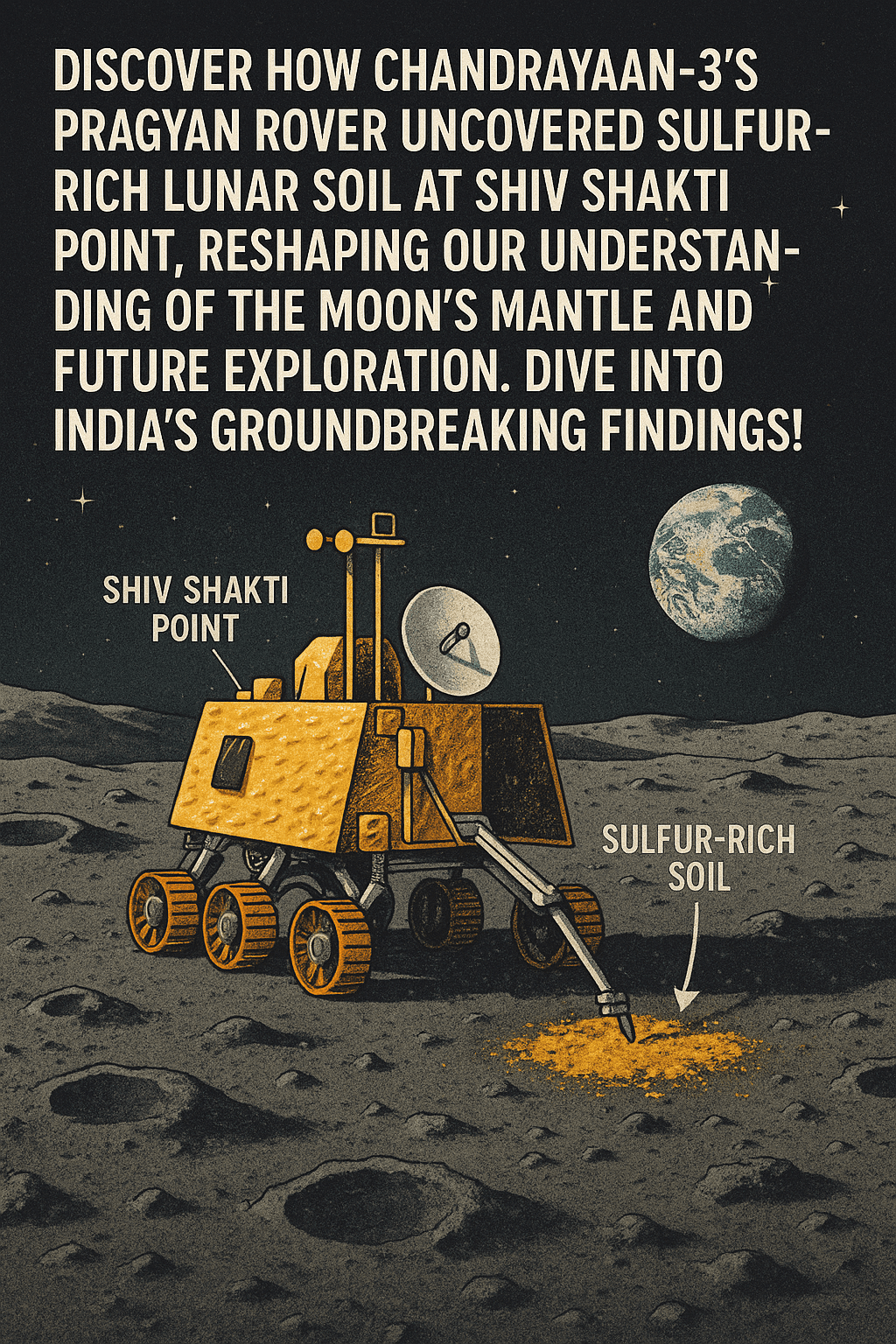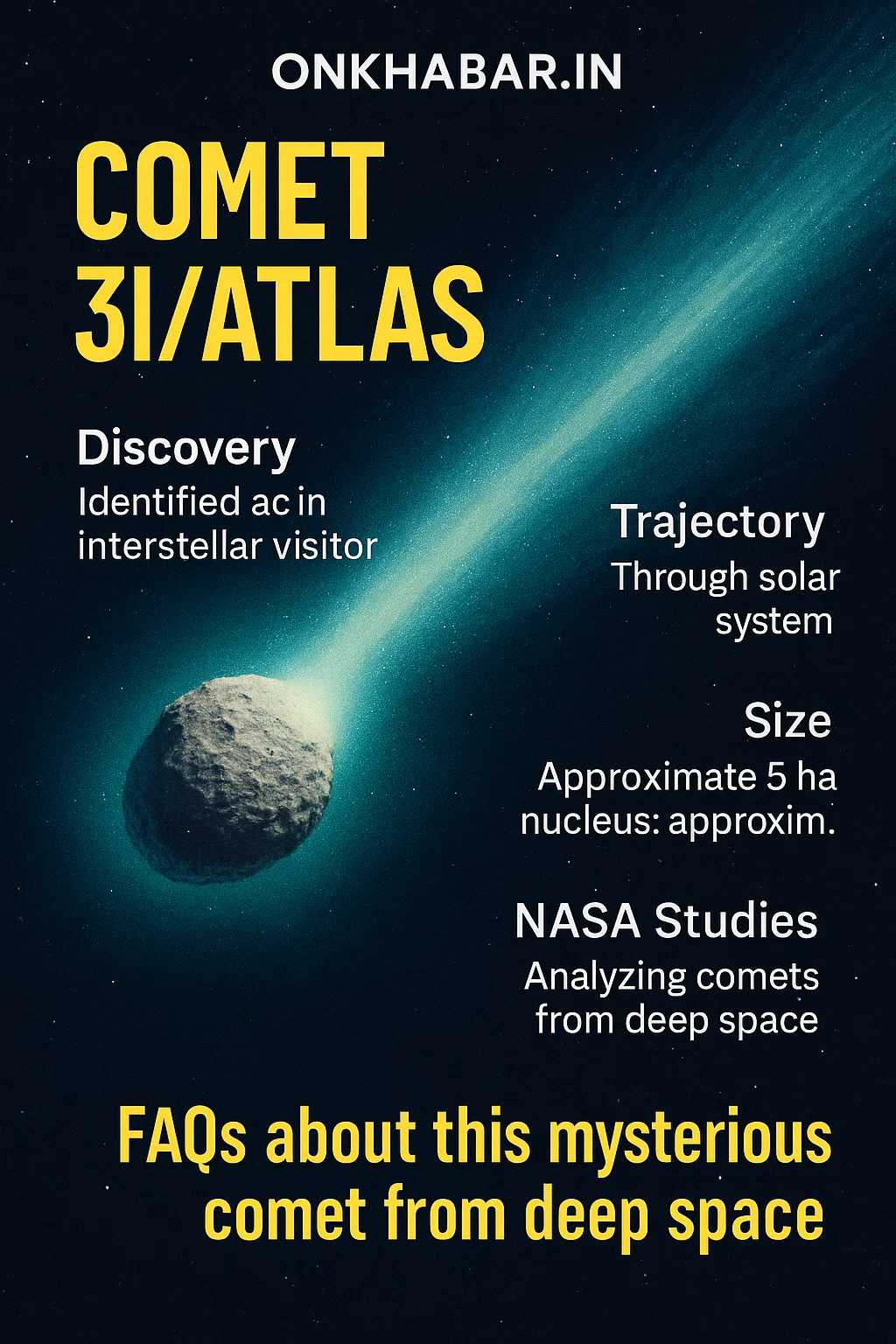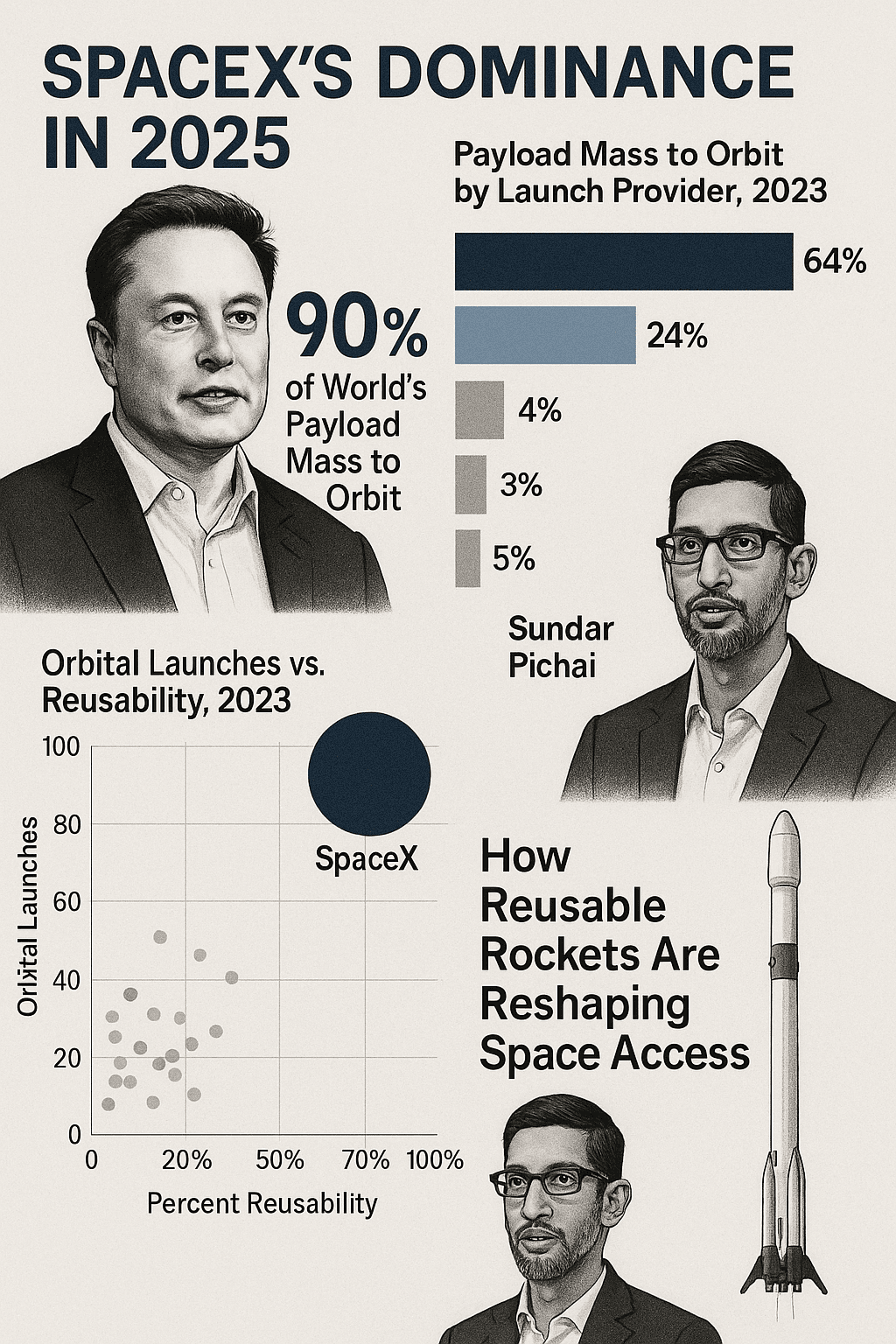Chandrayaan-3’s Groundbreaking Discovery at Shiv Shakti Point: Unlocking the Moon’s Primitive Secrets
Discover how Chandrayaan-3’s Pragyan rover uncovered sulfur-rich lunar soil at Shiv Shakti Point, reshaping our understanding of the Moon’s mantle and future exploration. Dive into India’s groundbreaking findings!
Mumbai-Ahmedabad Bullet Train: India’s Leap into High-Speed Rail by 2028
Discover how India’s first Mumbai-Ahmedabad bullet train, set to launch in 2028, will revolutionize travel, boost the economy, and position Maharashtra as a global infrastructure leader.
Harnessing the Power of Rain: Innovative Ways to Generate Clean Electricity
Discover how scientists generate electricity from rain using piezoelectric materials, TENGs, and micro-turbines. Explore applications, breakthroughs, and the future of rain-powered energy.
Cluely AI: How Two Columbia Dropouts Raised $5.3M to “Cheat on Everything
“Cluely AI’s $5.3M-funded tool lets users ‘cheat’ on exams, interviews, and sales calls with undetectable AI. Founded by suspended Columbia dropouts, is it innovation or unethical? Explore the debate on AI ethics, LeetCode interviews, and the future of fairness.”
China’s Graphene-Powered PoX Memory: The Fastest Flash Storage Ever Created
Discover how China’s graphene-powered PoX flash memory, developed by Fudan University, achieves record-breaking speeds of 400 picoseconds per bit—revolutionizing AI, IoT, and consumer tech.
Self-Healing Fungus-Based Material: The Future of Sustainable Construction
Discover how a self-healing fungus-based material, developed using mycelium and bacteria, could revolutionize sustainable construction by replacing carbon-heavy concrete. Explore its benefits and future potential.
Scientists Achieve Sci-Fi Dream: Interactive Holograms You Can Control With Your Hands
Discover how scientists created interactive holograms controlled by hand gestures using elastic diffusers. Explore the future of volumetric displays, applications, and the tech behind touchable 3D projections.
Breakthrough Scientists Grow First Human Spine in the Lab—What This Means for Medicine
For the first time, scientists have grown a human spine in the lab using a notochord model. Discover how this breakthrough could revolutionize treatments for spinal defects, back pain, and more.
James Webb Telescope Captures a Planet’s Fiery End: A Cosmic First Explained
Discover how the James Webb Telescope observed a planet’s catastrophic plunge into its star—a groundbreaking event reshaping our understanding of planetary systems. Learn what it means for Earth’s future



















